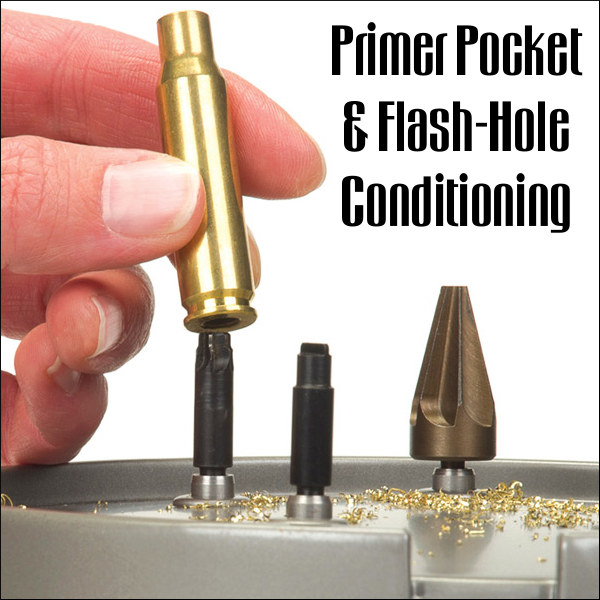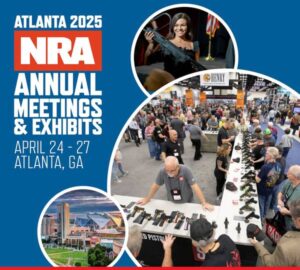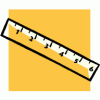Photo of Case Prep Xpress courtesy of Lyman Products. The U.S. Army Marksmanship Unit has published a series on reloading articles in the past. One article entitled “Handloading Hump Day”, covered two basic case preparation chores – uniforming primer pockets and removing flash holes. Visit the USAMU’s Facebook page for more tips. Primer Pocket and Flash-Hole Condition This week, we will address a question which is frequently asked: “Do you uniformly deburr primer pockets?” As we tailor handloading methods according to the needs of each case, the answer is, not surprisingly “Sometimes!” But don’t flip the dial just yet as what determines how we approach it may be helpful to decide on one’s own technique. We have an “Easter Egg”, which may bring a smile, and useful safety information. The USAMU Handloading Shop generally does not deburr flashholes (FH) or uniform primer pockets (PP). We’re not against it… This reflects our high volume of ammunition, the fact that only a small number of cases are re-loaded and the type of brass we use. We do deburr flashholes when a need is felt. We have fired many small test groups and aggregates at 1000 yards using domestic brass that was weight-selected but had not been uniformed nor had the FHs deburred. Before and After – On the left, a 7.62×51 case that has been fired but deprimed with primer residue still intact. On the right, the primer pocket is uniformed according to SAAMI specifications. Note the shiny finish on the bottom of pocket – evidence that metal was removed when uniforming primer pocket. As for the type of cases we use, thousands of our 5.56mm long-range cases arrive from the arsenal already pre-installed with the primers of our choice. This is standard practice. We cannot uniformly apply FHs or PPS to this primed, live brass. After careful sorting and inspection, we can achieve match-winning results. Shooters who reload brass multiple times may decide to deburr and uniform FHs. This is especially true for brass that has been reloaded more than 300 yards. They will use the cases multiple times, but uniforming will only be done once. Most handloaders process only moderate amounts of brass compared to our large lots. It helps to have high-quality Long Range (LR), brass. Many of the better brass makers [make] their holes so that burrs do not form. Even though occasional slips will happen, it is worth inspecting the products of these manufacturers. It’s very rare that even the best manufacturers will have a significant burr, say 1 in 1000 or 2000 cases. It’s worth catching these. There are always exceptions. Recently, we started processing a large amount of match brass from an established manufacturer. We were surprised to see that each case had a significant amount of burr on the FH – something we’d not seen before from this manufacturer. We then took out the FH deburring tool and got to work. Observers have noted that it is difficult to verify the accuracy contribution of these procedures, especially when firing from shoulder conditions. As individual rifle competitors, members of this staff perform these operations on their own LR rifle brass. This could be attributed to the old High Power Rifle maxim “if you believe it helps, it helps.” But a World Champion, Olympic Gold/Silver Medalist, commented on his handloading for International competition (which demands VERY fine precision). He said that he noticed a drop in accuracy when he didn’t deburr FHs or clean primer pockets. One might be tempted by the argument that only a World Class shooter would be able to detect a difference. Our Champion, however, with his wisdom gained over decades of experience, also noted that “it could have been because I wasn’t shooting well that day.” For anyone who chooses to use these procedures, be aware that different tool models may come with adjustable depth-stops. Pay attention to the instructions. For best results, some FH-deburring tool models (which enter the mouth of the case and not the primer pockets) require uniform case length.
Above is a flash hole deburring tool mounted on an RCBS powered unit for case preparation. These machines can help you perform different tasks quickly and easily.

















